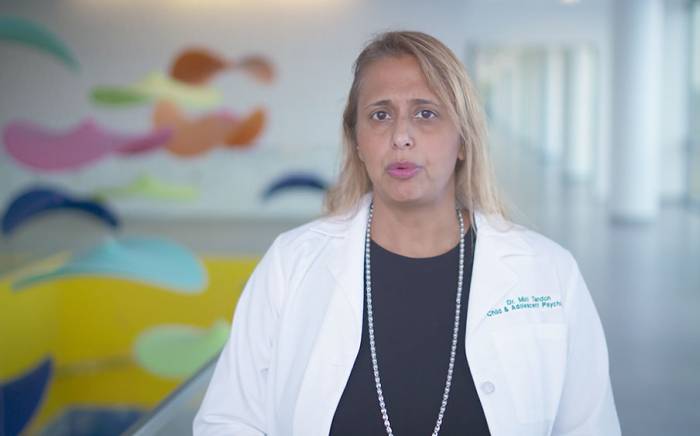
September 20, 2024, 4:38 p.m.
The Hospitalist Team
You’re probably aware that your child's 18th birthday is a significant milestone, and that an important lifestyle change will come alongside the celebrations: who has access to their medical records and makes decisions about their care. What you may not know is that as your child approaches 18, their health care needs — and who makes those decisions — shift significantly. As your kid grows, they gain more autonomy over their medical information and decisions even before they become a legal adult. What are these changes, and how can you help your child navigate them? Learn more below.
Understanding legal changes
Once a child turns 12, state and federal laws prohibit their parents from viewing designated pieces of medical information without their child's consent. Children can grant their parents proxy access to this information. Visit MyChart to grant proxy access.
Once a child turns 18, they are legally considered an adult and are completely responsible for their medical information and decisions, including treatments, procedures and appointments. When appropriate, adults 18 and older can grant proxy access to a parent. With proxy access, caregivers have access to appointment histories, visit summaries, medication instructions and other important information.
Steps parents can take
- Encourage open communication: Start conversations early about the importance of health care autonomy and decision-making. Emphasize the need for your child to understand their medical history and advocate for their health needs.
- Support health insurance transition: Ensure your child understands their health insurance coverage and how to manage it.
- Help with advance directives and health care proxy: Encourage your child to fill out an advance directive (living will) and choose a health care proxy. These documents state their medical preferences if they can't speak for themselves and designate someone to make health care choices for them.
- Assist in finding a primary care provider: Help your child select a primary care physician who aligns with their health care needs and preferences. This provider can guide them through preventive care, screenings and managing chronic conditions.
- Educate them about health responsibilities: Teach your child essential skills like scheduling appointments, understanding medical bills and insurance statements, and managing medications.
- Stay involved, but respect their boundaries: While respecting their autonomy, offer ongoing support and be available for guidance when needed. Encourage your child to inform you about major health issues or changes in their medical status.
Empowering your kids to take charge of their health is crucial as they transition into adulthood. By understanding these changes and supporting their health care independence, you can help them navigate this phase confidently.









